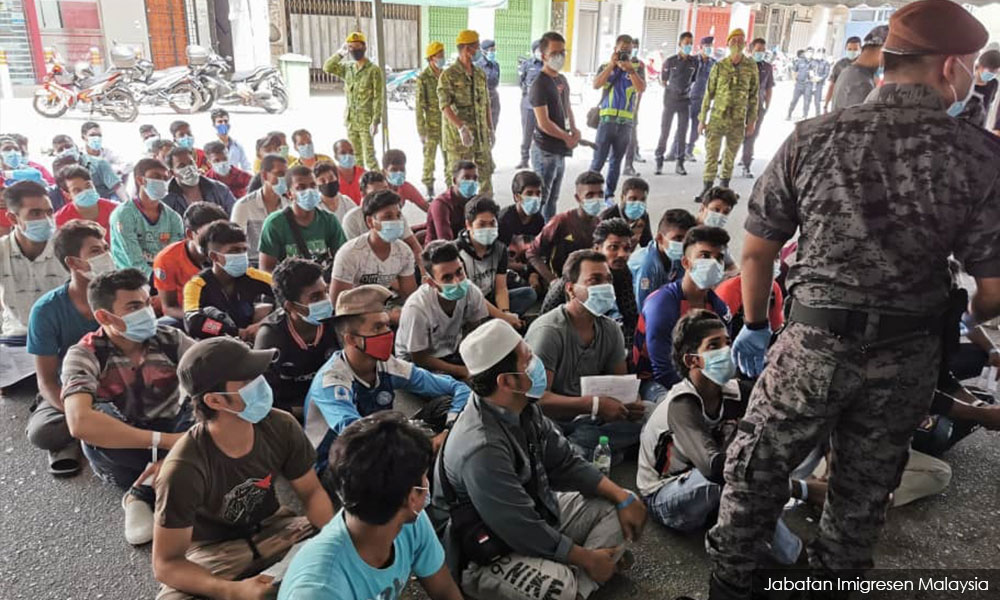The Health Ministry plans to make Covid-19 vaccinations compulsory when a vaccine is found and proven to be effective.
However, health director-general Dr Noor Hisham Abdullah noted that while main countries are involved in phase two and three of testing, it would still take a year to a year-and-a-half before such vaccines are available in Malaysia.
"Right now we don’t have the vaccine so we can't be sure. We have to see how effective and safe it is. There is a big possibility it may be compulsory, but we have to assess before making a decision," he said during a Q&A session after his daily press conference in Putrajaya today.
Noor Hisham said that every day brought a new lesson and challenge for the Health Ministry.
"This is a new virus and the crisis has brought a lot of lessons and experiences for our country. And we are also learning best practices."
"The movement control order (MCO) has managed to very successfully flatten the curve and then the conditional CMCO, so the evolution from May 4 until now has shown that we managed to bring down the cases as predicted and projected by our modelling.

He said that Malaysia still has challenges in terms of Covid-19 and foreign workers.
"The illegal foreign workers we have to detain them in our immigration detention centres and deport them as soon as possible to their respective countries. The legal foreign workers we need to look into their housing and living standards and see how they can comply with the SOPs."
"Malaysians have largely complied with the MCO and hopefully in July we can bring the number of cases down further to single digits for Malaysians but because of the immigration detention centres there is a surge, for example, yesterday 270 positive cases who have now been admitted to the hospital
"If we can control the foreign workers' outbreaks, rest assured we can achieve our target and rest assured we can break the chain of Covid-19 by mid-July," said Noor Hisham.
He added that as Malaysia started to open up economic sectors, it would need to be vigilant and monitor Covid-19 transmissions, especially with a view to border control.

